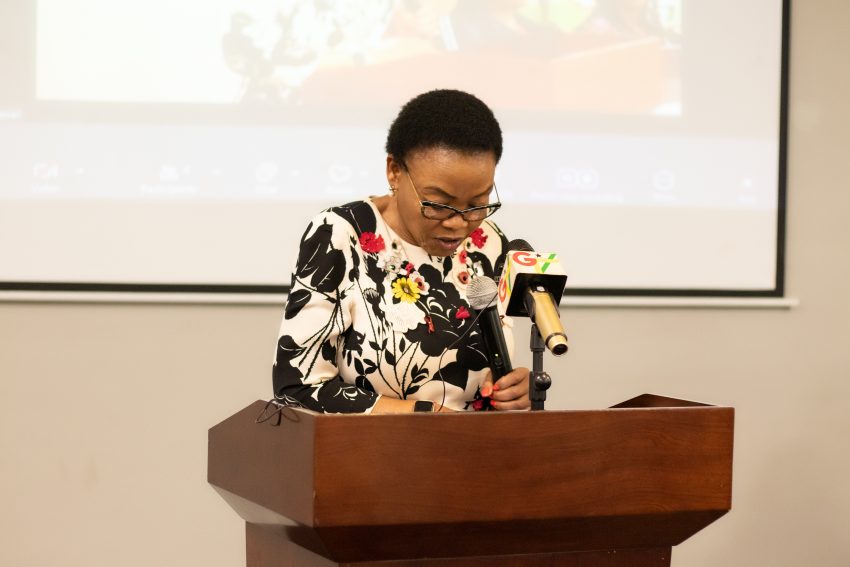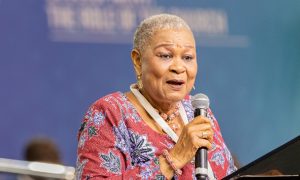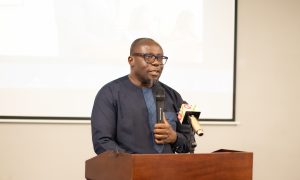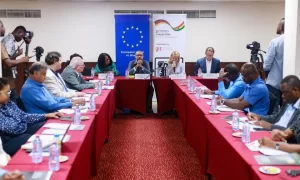By Raymond Rex Awiagah
The Story
South Africa’s Deputy Minister for Public Service and Administration, Rt. Hon. Pinky Kekana at the opening ceremony of the Economic Governance School in Accra, urge African leaders to work together to build a capable, future-ready state in line with the continent’s long-term development agenda.
Pinky Kekana emphasized the importance of collaboration
Speaking to ministers, senior public officials, and institutional leaders from across the continent, Deputy Minister Kekana emphasized the importance of collaboration, leadership, and long-term planning in realizing Agenda 2063—Africa’s strategic vision for inclusive and sustainable development.
“We really want to make Africa proud, she stated. “With Agenda 2063, with all our national development plans, we can only rely on men and women who are in this room to help us realize and improve the capacity of the state to deliver.”
Pinky Kekana speaks on best practices
She acknowledged the crucial role of schools of government in driving this transformation, calling on institutions to share best practices, regulatory frameworks, and leadership approaches across borders.
“How do we make sure that the Africa we want, we build it back better and then give it over to the coming generation, the Africa they deserve”. She noted.
The Economic Governance School as the best platform
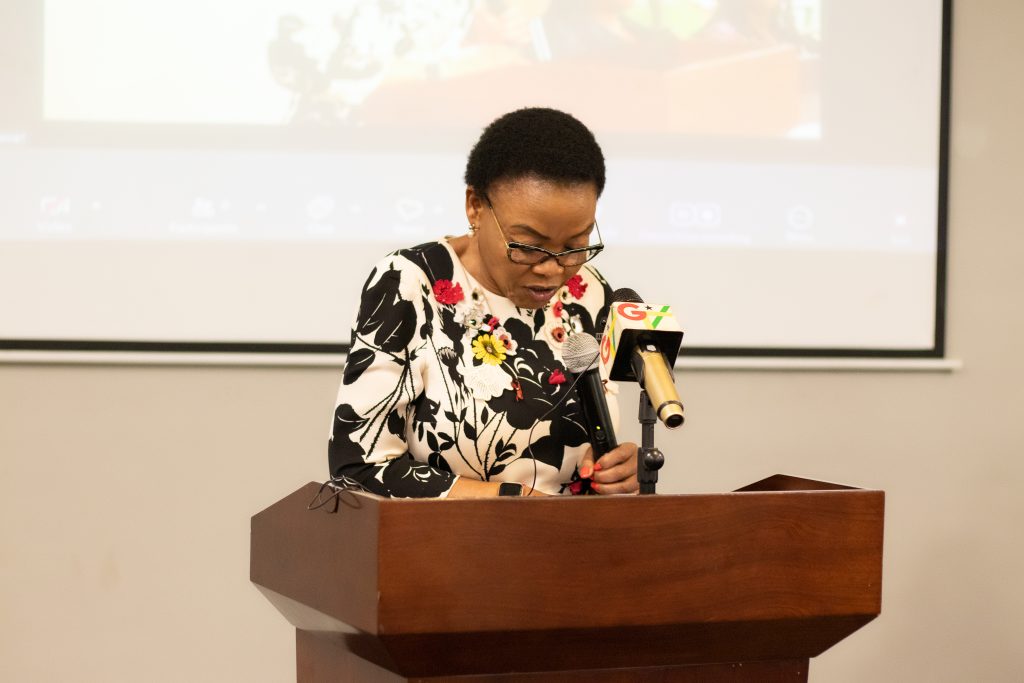
Kekana highlighted that both political and administrative leadership must work hand in hand to deliver real change. The Economic Governance School, she said, is a key platform for achieving this by fostering long-term strategic thinking and reinforcing governance effectiveness across Africa.
Partners of the Economic Governance School
Her remarks echoed the broader goals of the training programme hosted in partnership with the Ghana Institute of Management and Public Administration (GIMPA), Kenya School of Government, and South Africa’s National School of Government supported by Corporate Ghana including MTN Group to strengthen public institutions and equip emerging African leaders with tools for ethical, visionary, and accountable leadership.
Stakeholders from the African Continent
The Economic Governance School’s opening ceremony brought together policymakers, public officials, academics, and private sector leaders from Kenya, South Africa and Ghana.

